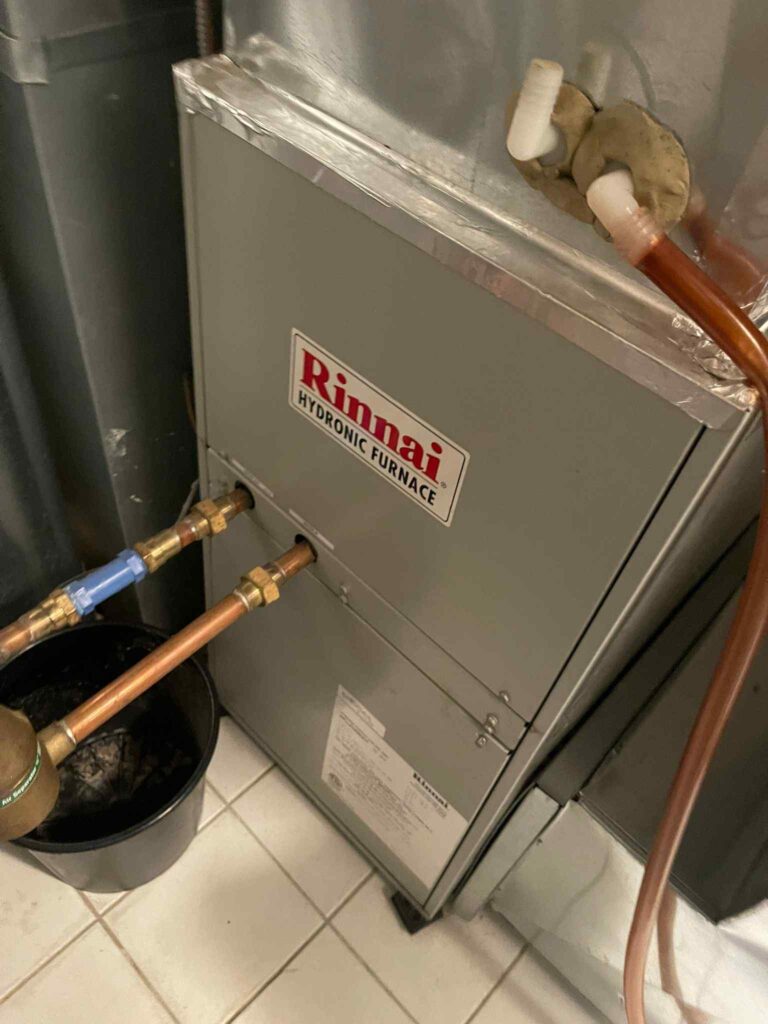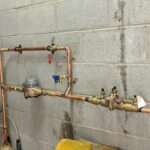Furnace Repair: Troubleshooting Tips and Maintenance Essentials
Furnace repair is essential for maintaining comfort and efficiency in your home during colder months. Regular maintenance can prevent costly repairs, but knowing how to handle common furnace issues is also invaluable. Understanding the basics of furnace repair can help you keep your heating system running efficiently, avoid unnecessary downtime, and ensure safe operation.
Key Indicators Your Furnace Needs Repair
Knowing when your furnace needs repair can help you address issues early and avoid costly replacements. Recognizing common signs of furnace trouble ensures you can take action promptly.
Strange Noises from Your Furnace
One of the first signs that your furnace may need repair is unusual noises. Rattling, squeaking, or banging sounds often indicate a loose or malfunctioning component, such as a fan belt or blower motor. These noises can worsen over time and affect your furnace’s performance, so it’s important to address them as soon as possible.
Inconsistent Heating or Cold Spots
If you notice that some rooms in your home are not as warm as others, it could indicate an issue with your furnace’s airflow. This could be due to clogged filters, issues with the ductwork, or a failing blower motor. Uneven heating not only reduces comfort but also strains the furnace.
High Energy Bills
If you see a sudden increase in energy bills without a change in usage, it may be due to an inefficient furnace. A furnace working harder to heat your home uses more energy, often due to worn-out parts or a lack of proper maintenance. Addressing these issues early can save money in the long run.
Frequent Cycling On and Off
Frequent cycling—when your furnace turns on and off repeatedly—can indicate issues with the thermostat, airflow, or the furnace’s internal components. This on-and-off cycle places extra wear on the furnace and reduces efficiency. Regular inspections can help you diagnose and resolve this issue.
Common Furnace Repair Issues and Solutions
Furnaces, like any complex equipment, can experience a range of issues. Here are some of the most common problems and ways to address them.
Clogged Filters and Restricted Airflow
Filters play a critical role in furnace efficiency, but they can become clogged over time. A clogged filter restricts airflow, making the furnace work harder to heat your home. Regularly replacing or cleaning filters can prevent this issue and improve air quality.
Malfunctioning Thermostat
If the thermostat is not working properly, it can cause your furnace to operate inefficiently. This could be due to dead batteries, faulty wiring, or a thermostat in need of recalibration. Checking the thermostat and ensuring it’s set correctly can often resolve the issue.
Pilot Light and Ignition Issues
Problems with the pilot light or ignition system can prevent your furnace from heating effectively. If the pilot light goes out frequently, or if the furnace fails to ignite, there could be an issue with the thermocouple or gas supply. Professional inspection is often necessary to safely handle these repairs.
Blower Motor Malfunctions
The blower motor distributes heat throughout your home, and a malfunction can lead to inadequate heating. Signs of blower motor trouble include unusual noises or lack of airflow. Lubricating the motor or checking for loose components can sometimes resolve the issue, but replacement may be necessary.
How to Perform Basic Furnace Maintenance
Regular maintenance is key to extending the life of your furnace and preventing common issues. Performing some basic maintenance tasks can help keep your furnace running efficiently.
Replacing Air Filters Regularly
Replacing air filters every three months, or more often if you have pets or allergies, can greatly improve furnace efficiency. Clean filters allow for better airflow and improve indoor air quality. This is one of the easiest ways to maintain your furnace.
Cleaning and Inspecting Vents
Inspect vents throughout your home to ensure they are clear of dust and debris. Blocked vents can reduce heating efficiency and force the furnace to work harder. Clean and unobstructed vents improve air circulation and can prevent overheating.
Checking Thermostat Settings and Batteries
Regularly check the thermostat’s settings to make sure it is working correctly. If it has batteries, replace them annually to avoid unexpected issues. Ensuring the thermostat is correctly set can prevent frequent cycling and reduce energy usage.
Examining the Flame Sensor
The flame sensor ensures the furnace is properly ignited and prevents the risk of gas buildup. Over time, it can become dirty or corroded. Cleaning the flame sensor with a gentle cloth can help keep it functioning well, but professional assistance is recommended for more complex issues.
Choosing Between Furnace Repair and Replacement
Knowing when to repair or replace a furnace can be challenging, but several factors can help guide this decision. Here’s what to consider when weighing your options.
Age of the Furnace
The age of your furnace plays a significant role in deciding between repair and replacement. Furnaces generally last 15-20 years, so if your system is nearing this range, replacement might be more cost-effective than frequent repairs.
Cost of Repairs
Consider the cost of repair versus replacement. If the cost of a repair is more than half the cost of a new furnace, it may be wiser to invest in a new system. A newer furnace will be more efficient, potentially offsetting the initial cost over time.
Frequency of Repairs
If your furnace requires frequent repairs, it may be nearing the end of its lifespan. Repeated repairs add up and could indicate that replacement is a more reliable option. Newer systems are also more energy-efficient and can reduce monthly bills.
Energy Efficiency and Utility Bills
Older furnaces are often less efficient, leading to higher energy costs. Replacing an old furnace with a high-efficiency model can improve comfort and significantly reduce energy bills. Look for models with Energy Star ratings for optimal efficiency.
Frequently Asked Questions
Addressing common questions can help homeowners feel more prepared when it comes to furnace repair and maintenance.
How Often Should I Have My Furnace Serviced?
An annual service appointment is recommended for most furnaces. This inspection can catch potential issues early, ensuring your system operates efficiently and safely.
What Are Signs of a Failing Furnace?
Signs of a failing furnace include unusual noises, inconsistent heating, high energy bills, and frequent repairs. Noticing these signs early can help you avoid unexpected breakdowns.
Can I Repair My Furnace Myself?
While homeowners can perform basic maintenance like changing filters, more complex repairs should be handled by professionals. Attempting DIY repairs on internal components can be dangerous and may void warranties.
How Much Does Furnace Repair Typically Cost?
The cost of furnace repair varies based on the issue, but common repairs range from $100 to $500. More extensive repairs, such as replacing major components, can cost more.
Is Furnace Replacement Worth the Investment?
For older systems with frequent repairs, replacement can be a wise investment. New furnaces are more energy-efficient, offer improved comfort, and can reduce utility bills over time.
Final Thoughts on Furnace Repair
Furnace repair and regular maintenance are crucial to ensuring your heating system runs smoothly and efficiently throughout the winter. From replacing air filters to identifying common issues, taking proactive steps can help extend the life of your furnace and keep your home warm and comfortable. Knowing when to repair or replace your system can also help you make cost-effective choices, balancing immediate needs with long-term savings. By staying informed and addressing issues early, you can enjoy reliable and efficient heating for years to come.



